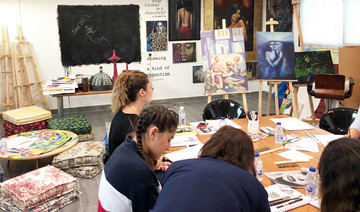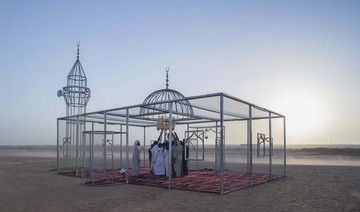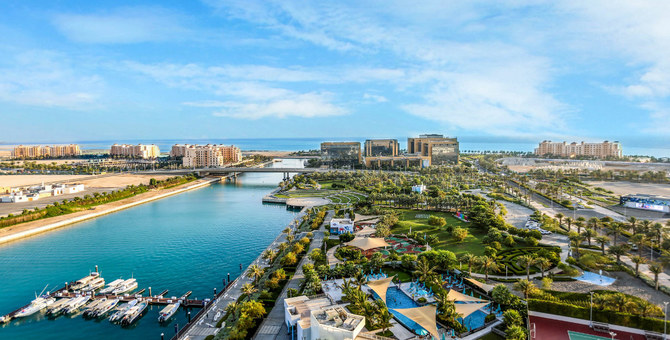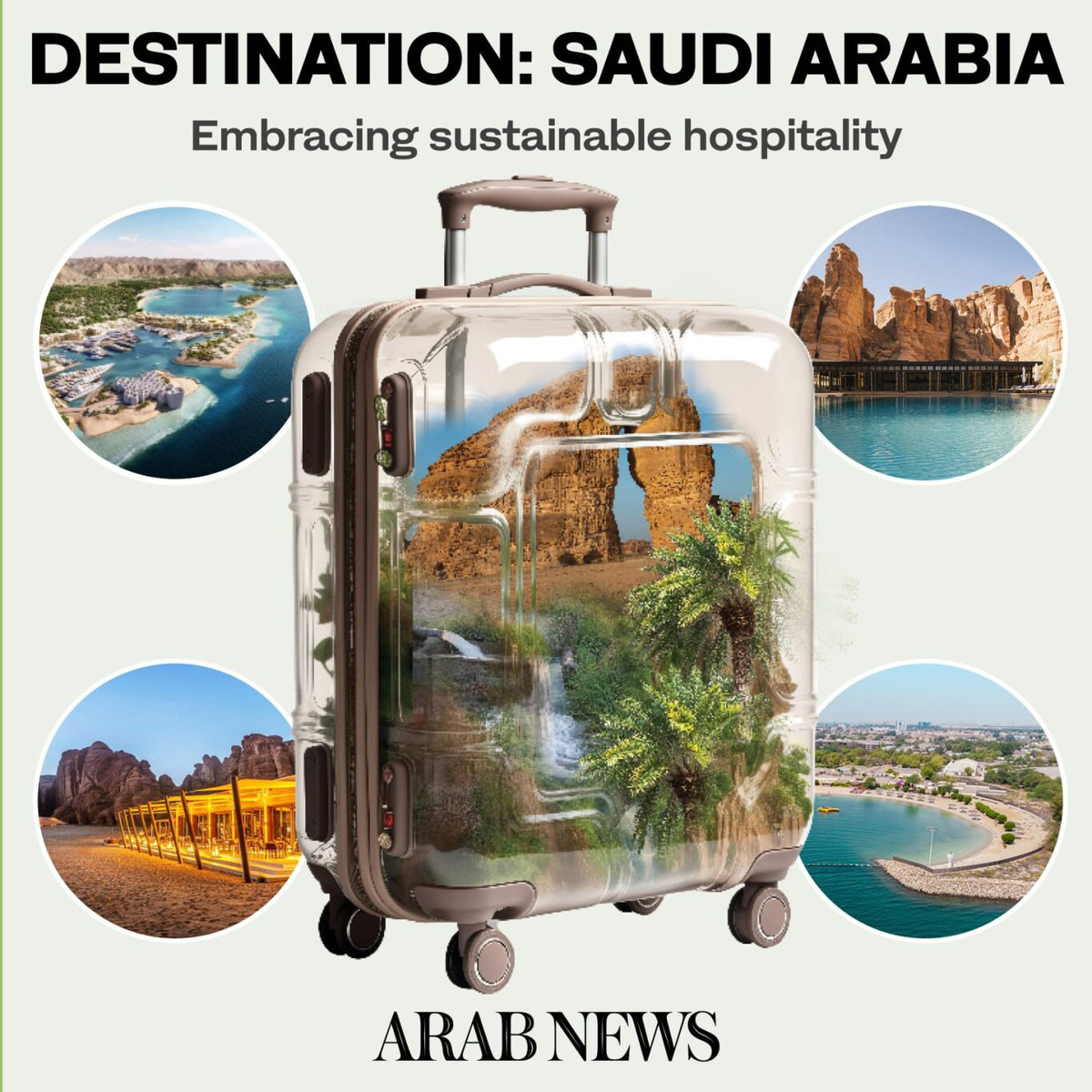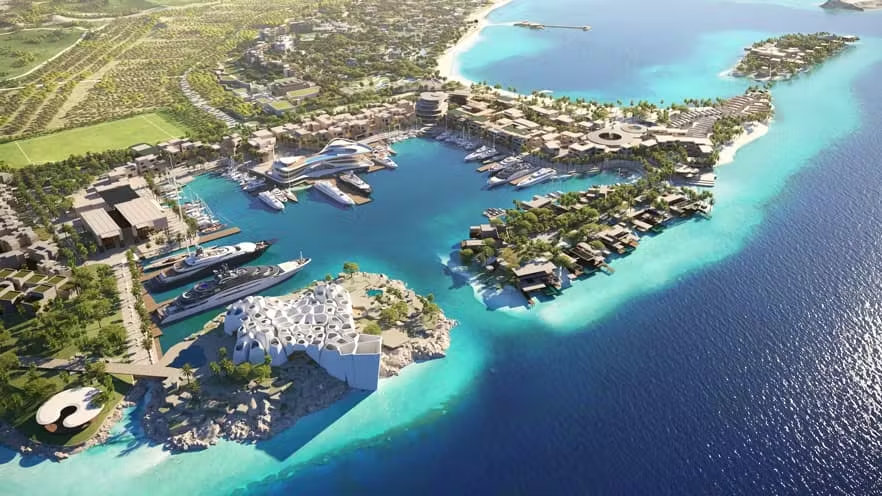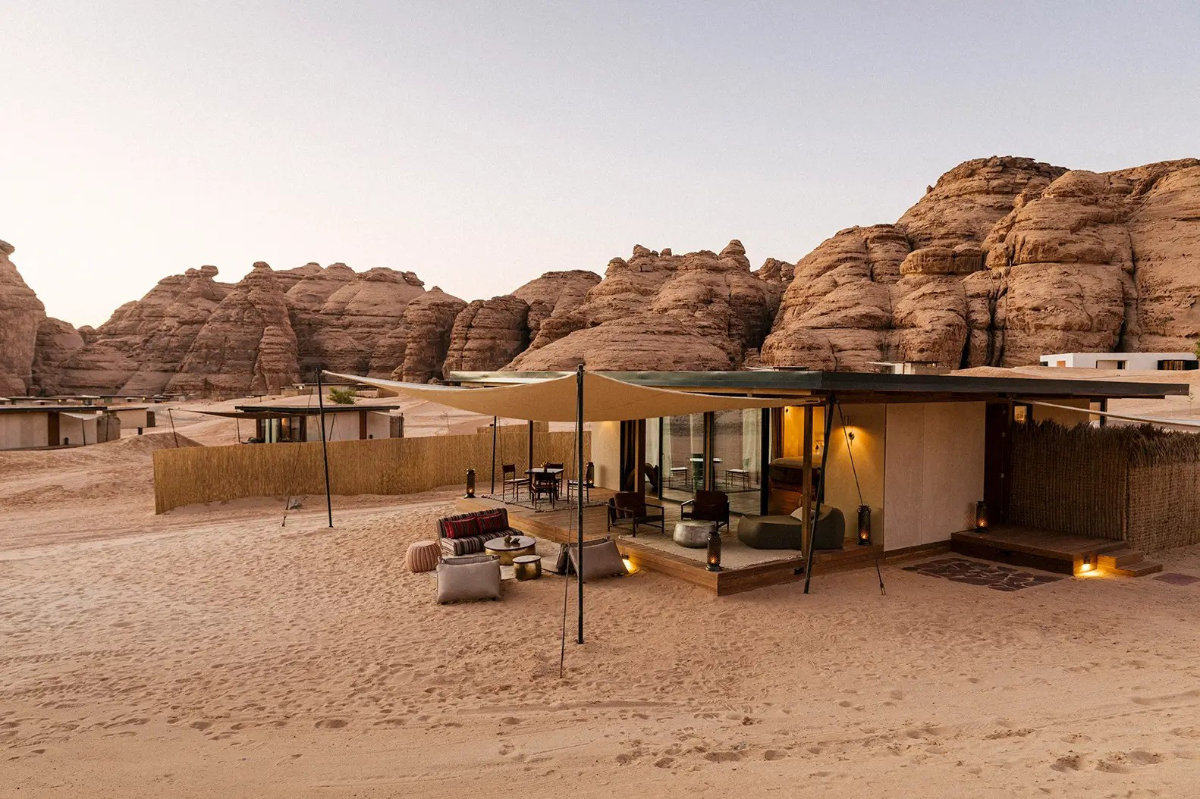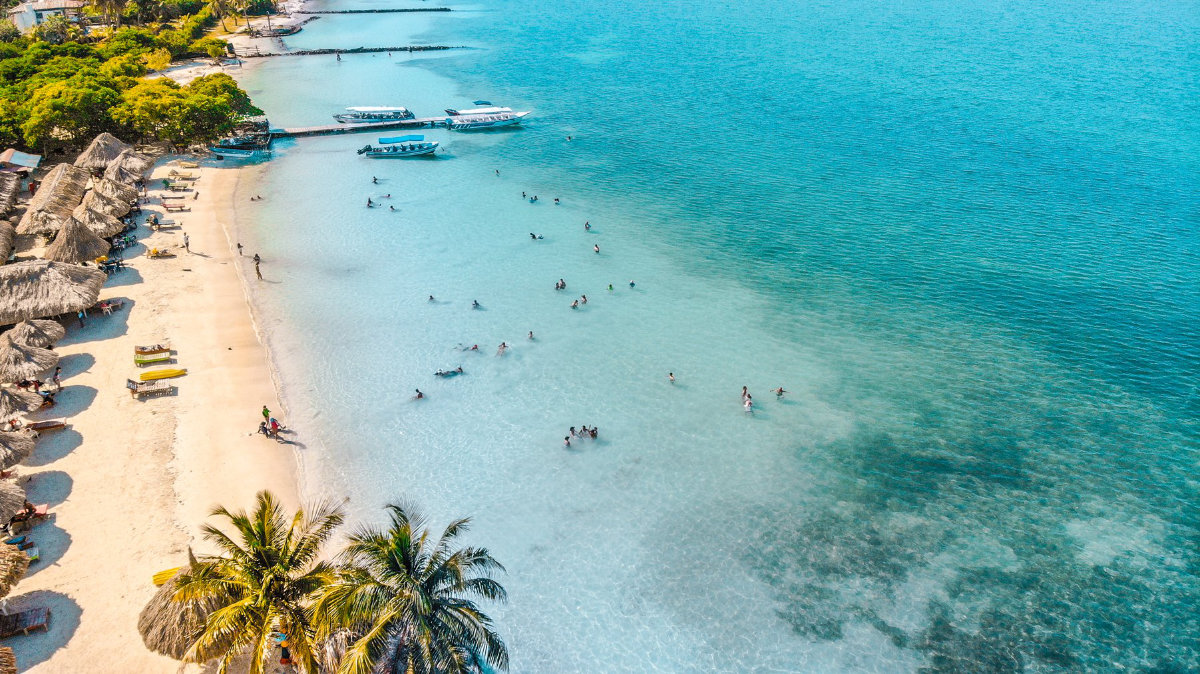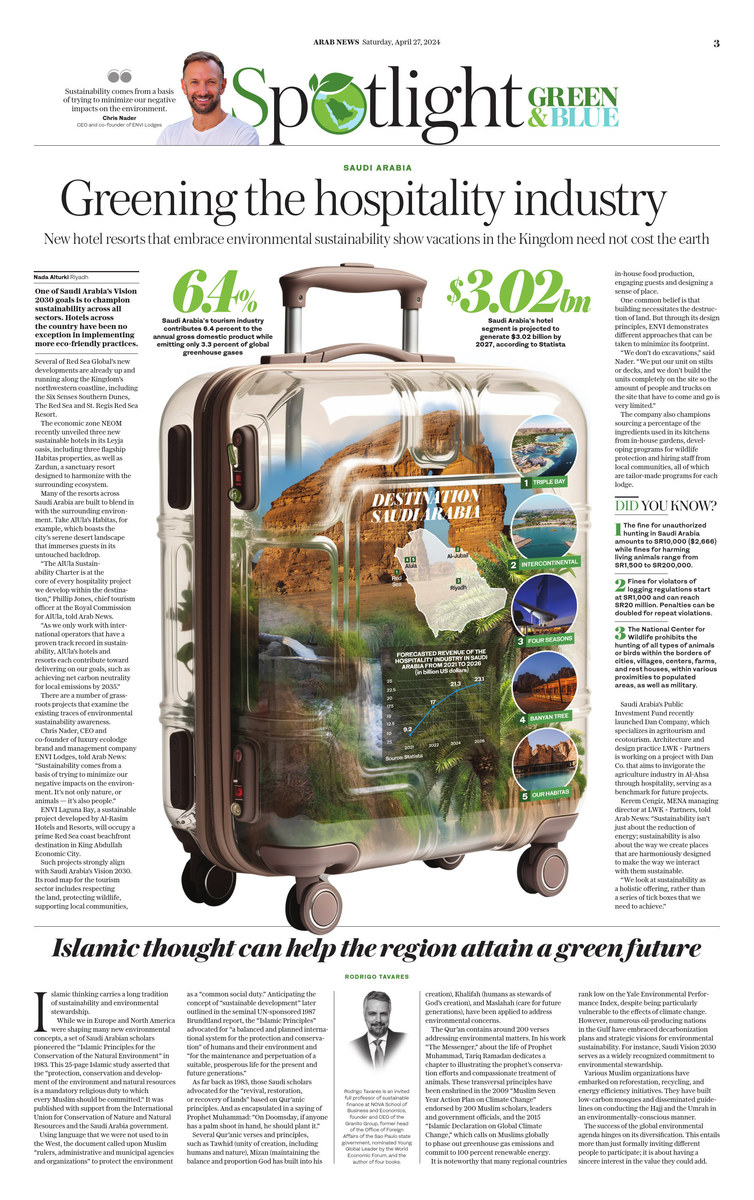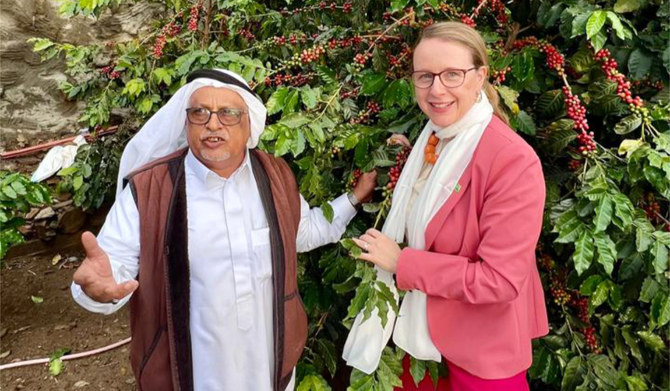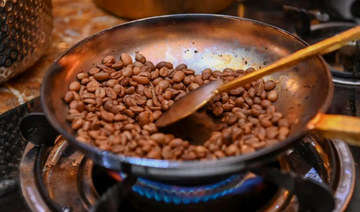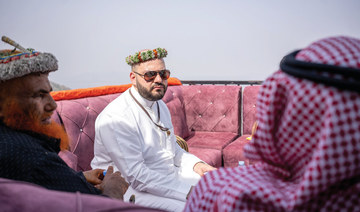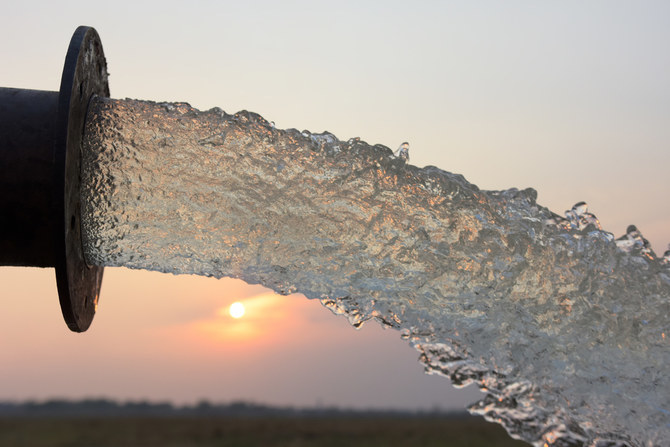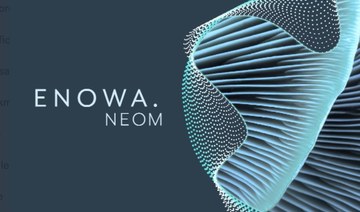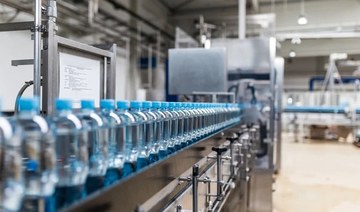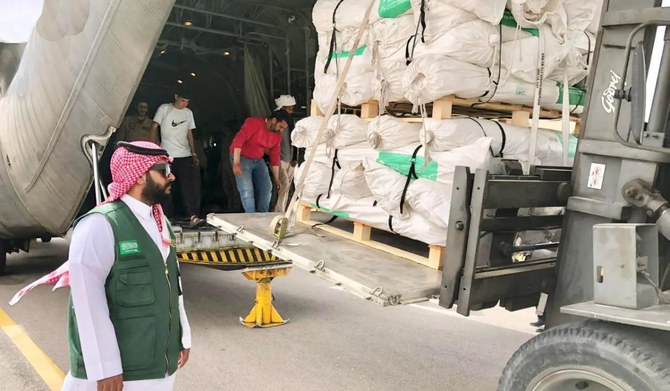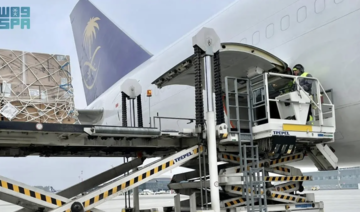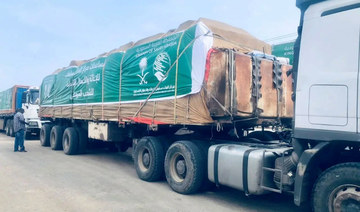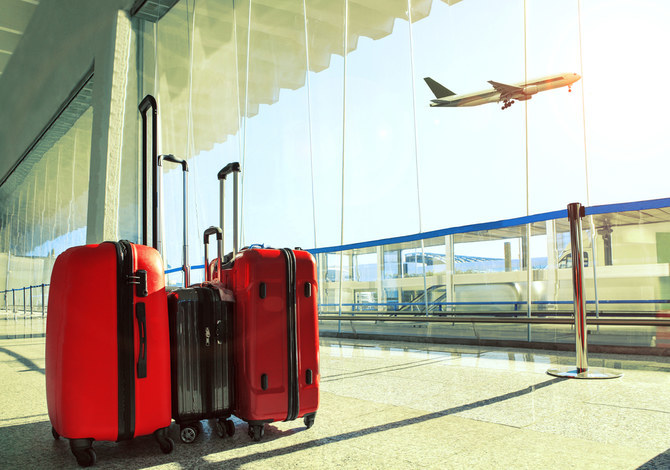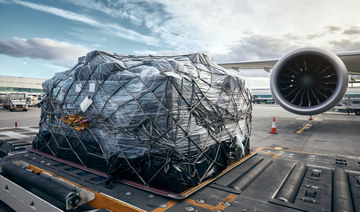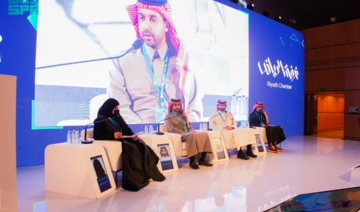JEDDAH: As part of the Kingdom’s new embrace of art and architecture under Vision 2030 the Tasmeem Fair, organized by the Saudi Art Council, is helping to reintroduce the role of local designers and architects into Saudi society.
Under the patronage of Princess Jawaher bint Majid bin Abdulaziz Al-Saud, the 10-day fair is exhibiting diverse works by 11 young Saudi architects in its Gold Moor Headquarters in Al-Shatea District.
“We are really lucky to have such talented youth with a high level of culture and intellect,” Princess Jawaher told Arab News. “That’s why for the Tasmeem exhibition we focused our efforts on finding and perfecting these artists.”
“Our Islamic civilization is a source of pride to us,” the princess continued. “It represents not only our heritage but also our identity. I am really thrilled that such an exhibition arose from this land and from our intellectual youth, may Allah bless them.’’
The designs exhibited in the second edition of Tasmeem were created according to a theme loosely related to self-discovery through different emotions, which did not bind the architects to any limits, leaving them room to delve into their creative imagination.
Last year, the architects who explored the theme of reflection were more established. “I think last year’s designers were much more experienced; however, this year we wanted to have more junior ones. We chose designers based not on their years of experience but rather on their conceptual portfolio. Last year, we got 300 artistic portfolios and this year we received almost 800,’’ said Kholoud Attar, who founded Tasmeem with Nawaf Al-Nassar.
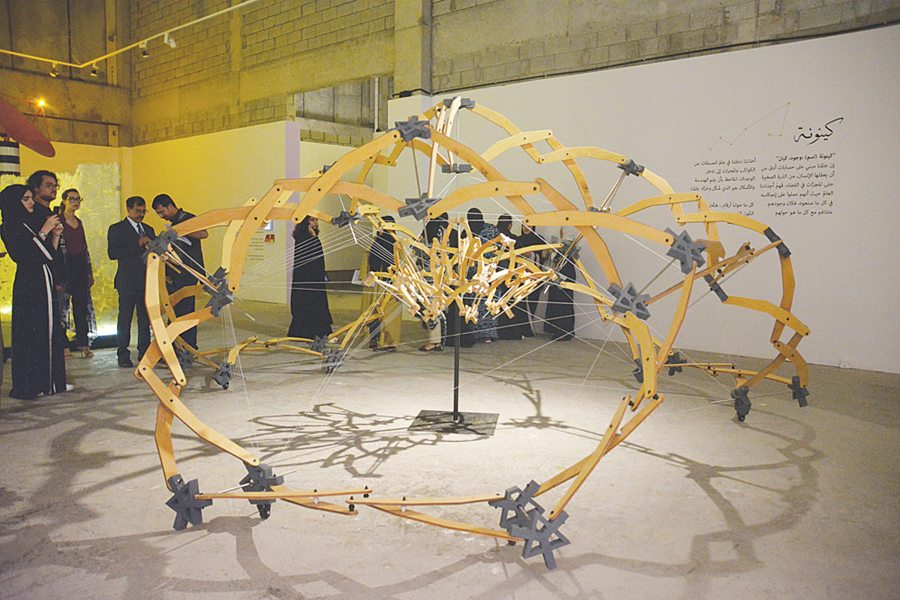
“Kaynoona” by Lujain Badraik, Jood Hurani and Stephanie Berroche. (AN photo by Huda Bashatah)
Every art piece in this year’s Tasmeem Fair prompts viewers to take a self-reflective journey as they wander round the exhibition halls, with works that motivate them to think about stability, solitude, beauty and perfection. Each area of the exhibition represents a certain aspect of the inner self, and each visitor will have their own interpretation of the art, depending on how they perceive life and their place in it. This is in keeping with Islamic art and architecture, which have always inspired spiritual contemplation.
“It’s researching the idea of contemporary Islamic art and architecture by removing the layers that have been accumulated over the years, coming down to the basis of the foundation which is contemplation and inspiration from the Qur’an,” explained the curator, Lama bint Mansour.
“Our aim is to illuminate these foundations through holistic spaces and installations that embody the verses of the Qur’an in conceptual forms and express the esoteric and complex allegories revealed by the words of God.”
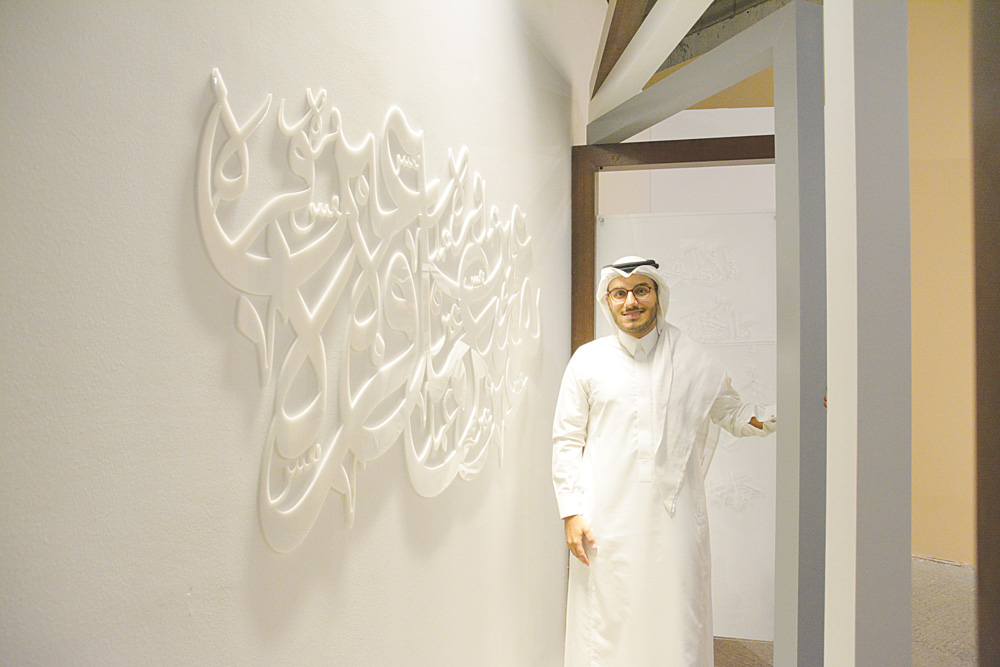
“Perception” by Ahmed Jeddawi. (AN photo by Huda Bashatah)
Attar, who is also the founder of KAAPH publishing house, said the curator’s vision was an inspiring one. “Lama bint Mansour managed to create a beautiful narrative to the story for all the works of the designers where the journey is actually a journey of self-discovery, and going back to the roots of our Islam and being inspired by the Qu’ran, that story I believe will help in creating a much stronger connection with the audience.’’
Mohammed Taha, a 26-year-old architect and space designer, is presenting his work in public for the first time. “Tasmeem Fair was an awesome art platform for me to present my work,” he said.
Once you enter his tilted room, your confused state represents the idea that our experience of the world does not depend on what is true, but on what we perceive to be true. “People who visit the room will understand the message between our struggle with illusion and reality,” said Taha.
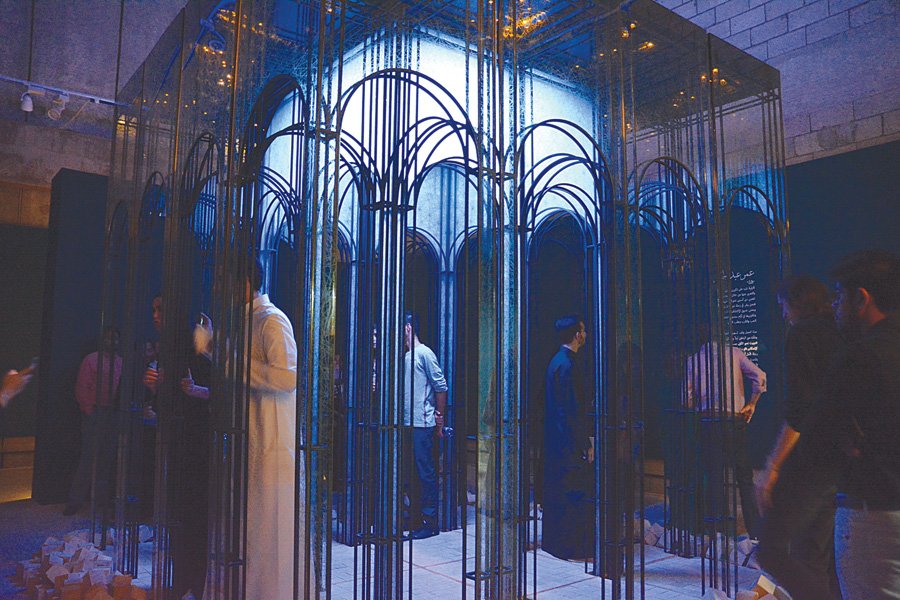
“Thuluth” by Omar Abduljawad. (AN photo by Huda Bashatah)
He was influenced by the Qur’anic verse “Guide us upon the straight path,’’ as he said humanity has always struggled with the conflict between our innate nature and the path to righteousness. “It is not a piece of art or a space illusion, but rather a symbol telling people what I want (them) to learn from.’’
Maysan Mamoun, founder of Co Design, considers herself a community architect. She usually designs for public spaces with tactical designs.
Her artwork, “The Abode,’’ is derived from our limited perception of time and place. It is basically a space that represents both tangible and abstract materials, providing a harmonious understanding of our existential experience.
“This work resamples the meaning of abstracts and object elements,” Mamoun said. “The idea that I want to deliver here is the meaning of life unlimited — ‘Donia’ — and the infinite ‘hereafter,’ through two materials, wax and ice. I wanted to form the shape of wax based on the ice to resemble the meaning of good deeds in life and how they last. In life, the person who did the good deed might go just like melting ice, and what will remain is the good deed represented by white wax.’’



